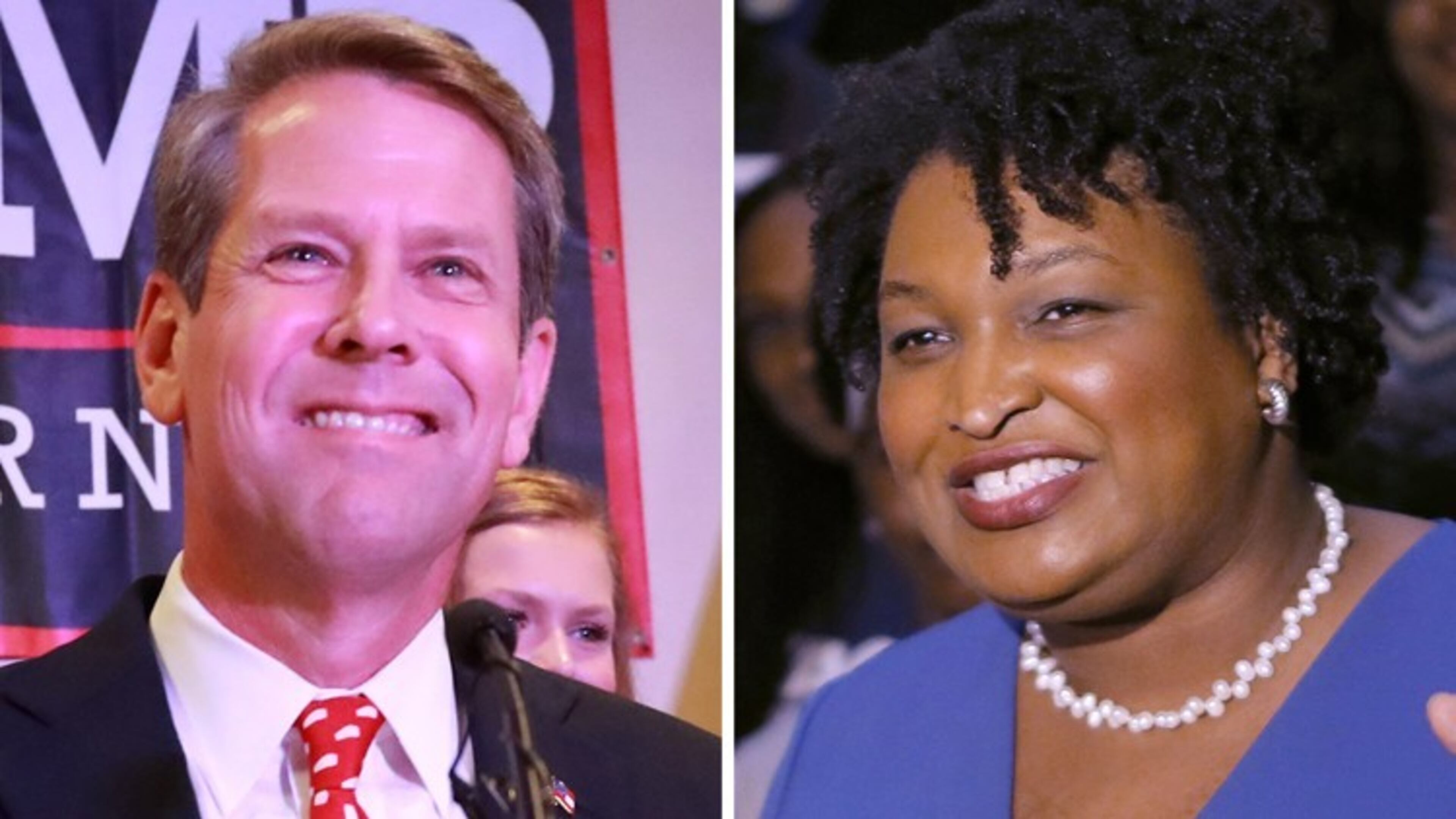Opinion: Health care is a right

Even in these divisive times, we are sometimes more in agreement than we are allowed to understand.
Take, for instance, the very basic question of whether all Americans, regardless of wealth or income, have a right to decent health care. In its latest poll, Fox News put the question bluntly and specifically, asking whether "it is the responsibility of the federal government to make sure all Americans have health care."
Sixty-three percent of Americans said yes, it is the federal government’s responsibility. Just 30 percent said no. By more than a two-to-one margin, in other words, Americans believe that the government has a duty to ensure health care for all of its citizens. And poll after poll produces similar findings. We might argue about NFL players kneeling or whether Serena Williams got dissed at the U.S. Open, but on health care the consensus is clear.
That consensus applies at the state level as well. In January, an AJC poll conducted by the University of Georgia found that 73 percent of Georgians -- and 51 percent of Georgia Republicans -- support expanding Medicaid to hundreds of thousands of currently uninsured citizens of this state.
Numbers like that put the Republican Party in quite a pickle. Conservative ideology dictates that government has no legitimate role to play in providing health care, that it is somehow an attack on our freedom to use government to ensure that no one in this country dies because they couldn’t afford a doctor. As far back as the early ‘60s, when we were debating the adoption of Medicare to cover senior citizens, Ronald Reagan warned voters that if Medicare became law, "you and I are going to spend our sunset years telling our children and children’s children what it once was like in America when men were free."
So as a Republican politician or candidate, what do you do when your basic governing philosophy conflicts directly with overwhelming public opinion? Basically, you put on your sincere face and mumble a few poll-tested catch-phrases such as “patient-centered health care” and “bringing down costs,” trying to imply that you agree with the goal of coverage for all but simply want to achieve it by a different means.
Then you hope that you never have to explain what those different means might be.
That’s the approach that congressional Republicans took for years, promising to “repeal and replace” Obamacare knowing all the time that they had no intention of replacing it. In the 2016 campaign, Donald Trump took it a step farther. Using his salesman’s knack for knowing what people want to hear, he went all over the country promising voters that he would not only repeal Obamacare, he would provide something bigger and better that provided coverage for all Americans, not just most. Once in office, the incompetent Trump had no idea how to create such a program, and his fellow Republicans had no intention of letting him do so anyway.
Instead, state attorneys general from Republican states, including Georgia, are right now pushing a lawsuit in federal court in Texas that would end protection for those with pre-existing conditions, end mandated coverage for children under 26 years old, end federal subsidies for health-insurance coverage and end Medicaid expansion.
So in the days ahead, listen to Brian Kemp, Georgia's Republican nominee for governor. See if you once again hear that same vague, vacuous approach to health care, suggesting sympathy for the goal while opposing every means of attaining it. If so, vote accordingly.
